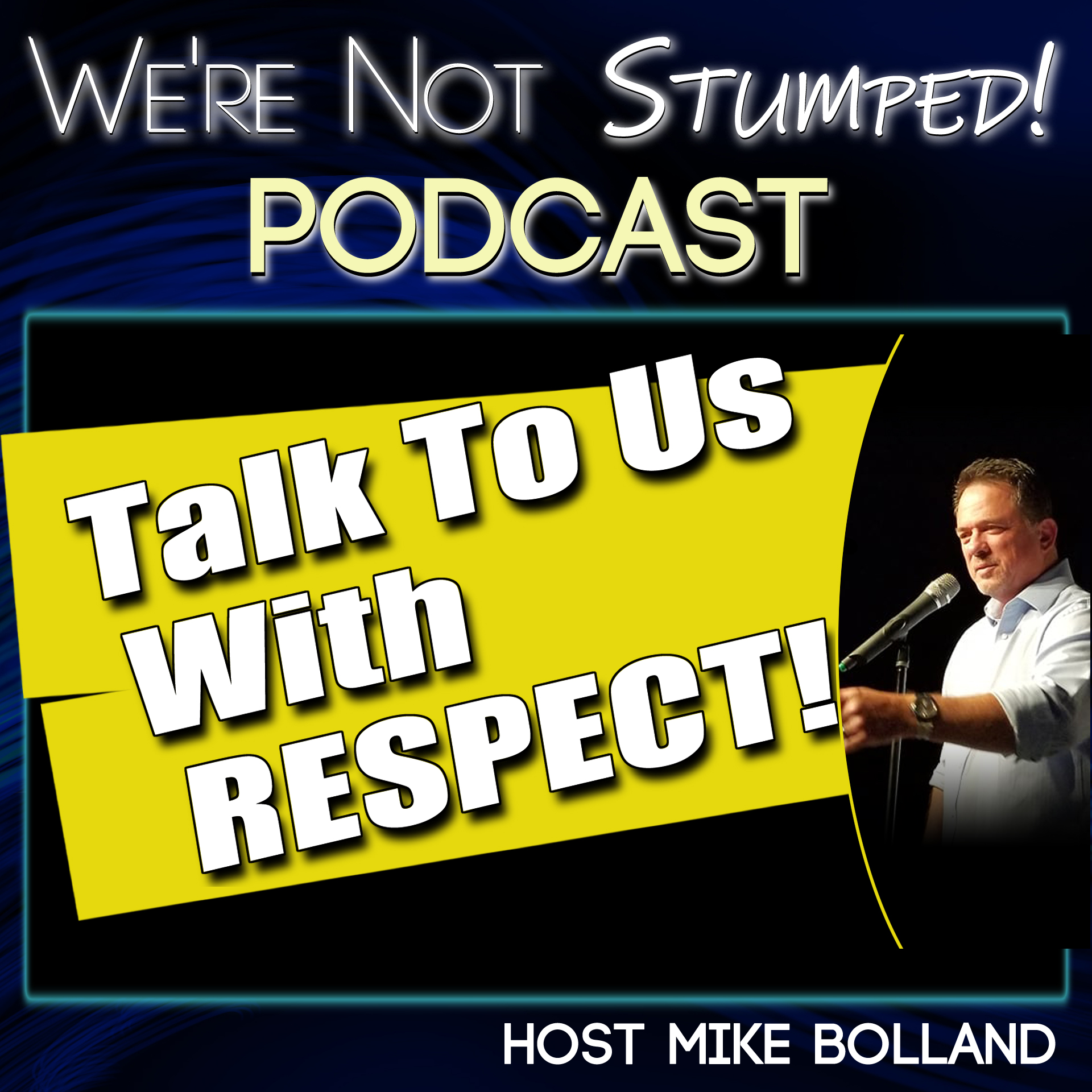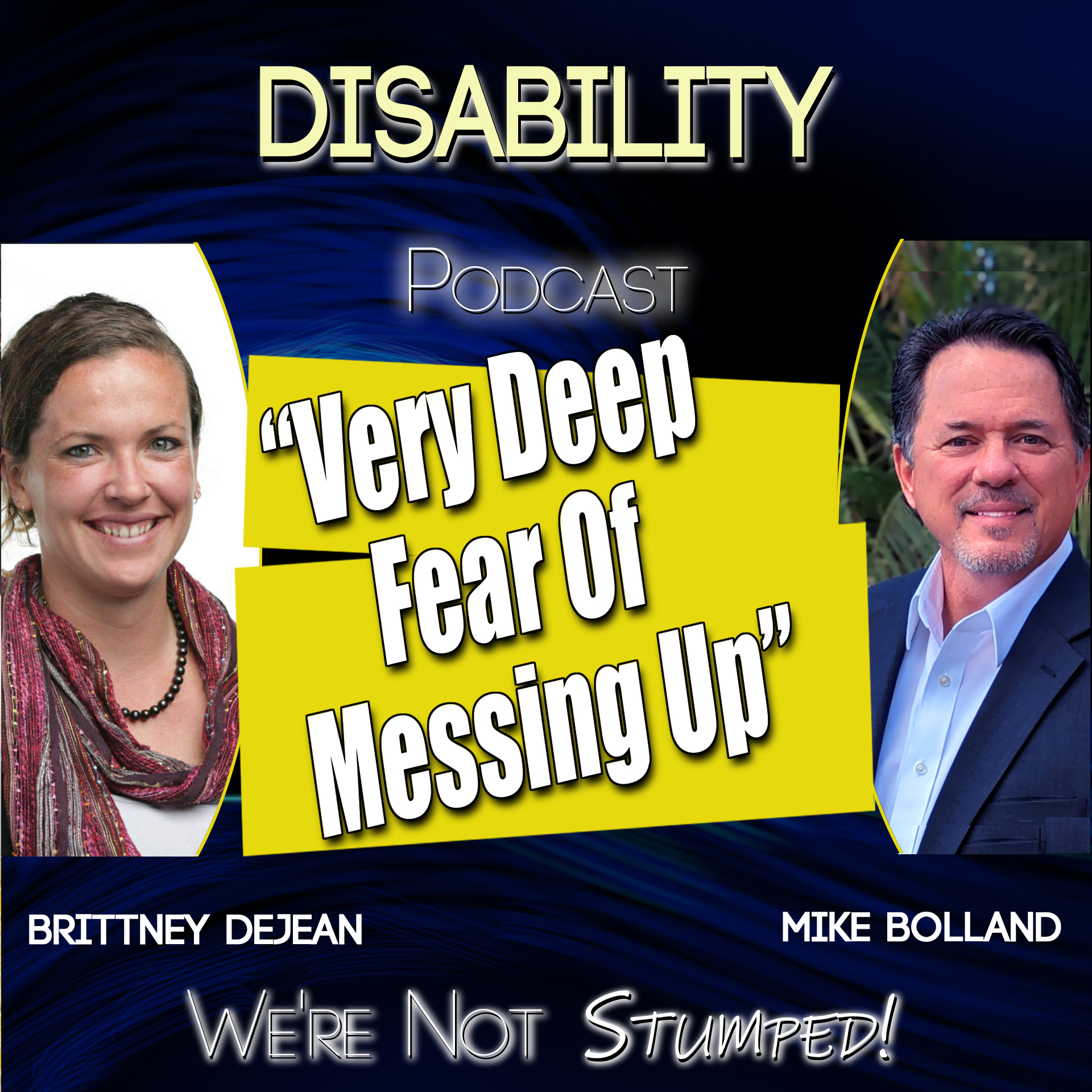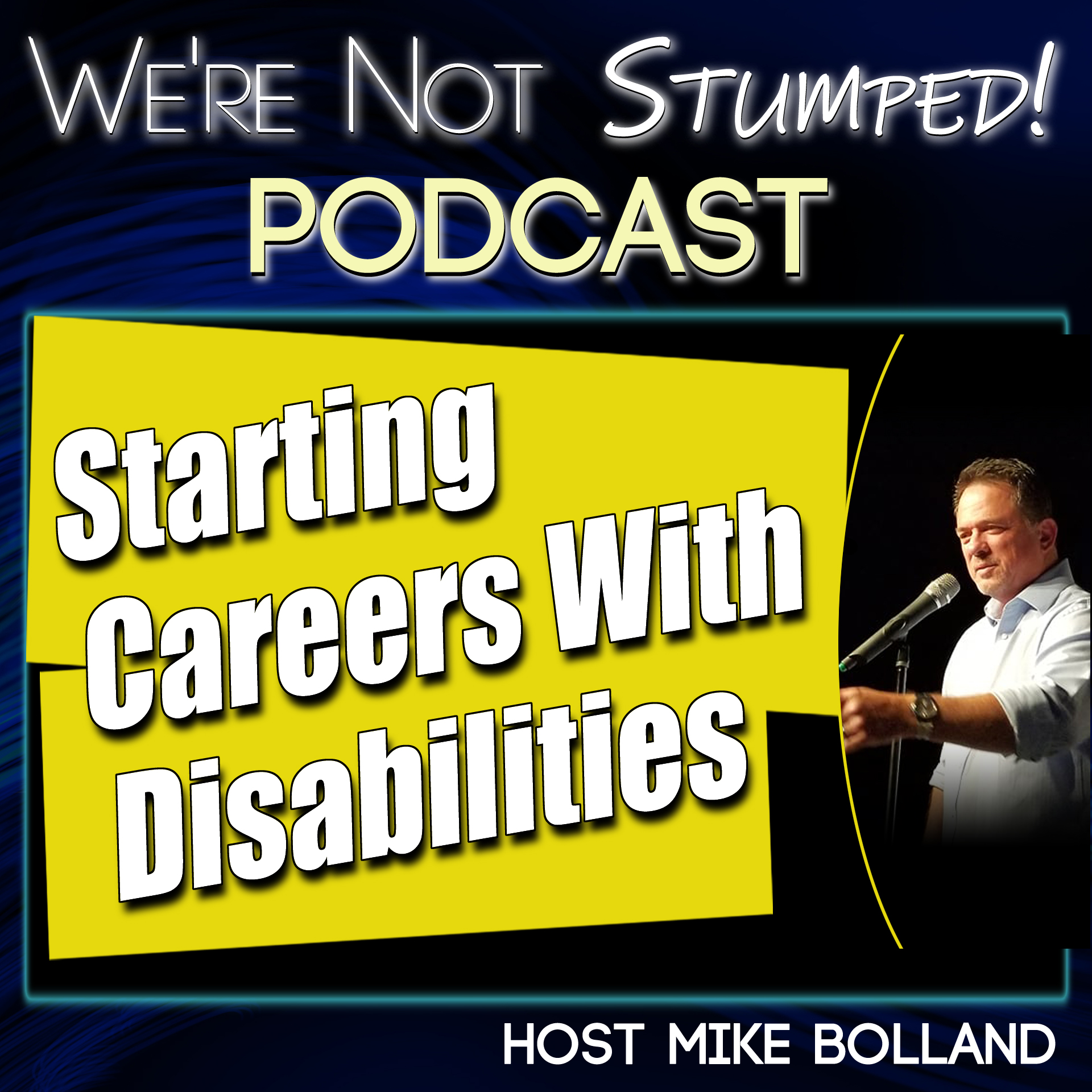General Amputee and Limb Difference Resources Podcast
Apparently, I Need a Prosthetic to Wash Apples…
Here’s the actual quote from a company called the LN4 Hand Project: "A prosthetic hand is an invaluable asset to an individual without an upper limb. An upper limb prosthesis can determine whether or not an individual is able to be employed, contribute to household duties, or provide an increased sense of independence." As a successful one-handed person—a podcaster, speaker, nonprofit founder, and former pro bowler—I have to say, that sentence overlooks the truth: people with limb differences are capable with or without a device. And it’s not just the language. Companies like Taska Prosthetics create videos that show one-handed people doing things like washing apples, as if that’s the pinnacle of independence. While I love and appreciate prosthetics, we can do better. In this podcast, I break down the problem with this kind of messaging, share my lived experience, and challenge the assumption that a prosthesis defines your ability to succeed.
Breaking Barriers: Brittany Dejean’s Journey to Disability Inclusion Leadership
Host Mike Bolland welcomes Brittany Dejean, founder of Inclusion Jumpstart and former Airbnb accessibility leader. Brittany opens up about how her father’s spinal cord injury at age 12 inspired her lifelong passion for disability inclusion. She shares insights from her 6.5 years at Airbnb working on accessibility and diversity initiatives, her nonprofit work with Able Thrive, and her current mission as an entrepreneur and advocate. Brittany’s training programs help people overcome awkwardness around disability and build more inclusive, empathetic spaces in both personal and professional settings.
Finding Work When You’re Disabled: Real Talk with Mike Bolland
In this episode of We’re Not Stumped, host Mike Bolland gets real about the challenges of finding a job while living with a disability. Born without his right hand, Mike has firsthand experience navigating interviews, workplace bias, and the self-doubt that can creep in during the job search. He shares tips that helped him—and that can help you—stand out for the right reasons, from understanding your rights under the ADA to deciding when (or if) to disclose your disability. If you’ve ever felt overlooked, underestimated, or unsure where to start, this episode offers encouragement, strategies, and real-world advice from someone who’s walked the walk. 🛠️ Topics include: How to highlight your strengths, not your limitations Disability-friendly job boards and resources Why owning your story is your greatest strength Whether you were born with a disability or acquired one later in life, this episode is for anyone ready to pursue meaningful work and thrive.
Redefining Recovery: Virtual Therapy for Amputees with Dr. Jackie Garcia of Nxt Stride Rehab
In this empowering episode of We’re Not Stumped, host Mike Bolland sits down with Dr. Jackie Garcia, PT, DPT — a bilingual physical therapist, neurologic specialist-in-training, and founder of Nxt Stride Rehab — a virtual coaching program transforming how amputees recover, rebuild, and thrive. Jackie opens up about her journey into physical therapy, her passion for supporting individuals with limb loss and spinal cord injuries, and how a gap in care inspired her to launch a program that brings expert support directly into people’s homes — no matter where they live.
Attitude: The Power You Control After Limb Loss | Triple A’s Finale
In this powerful conclusion to the Triple A’s of Limb Loss series, host Mike Bolland explores the third and perhaps most impactful "A"—Attitude. Born without a right hand, Mike shares how attitude isn't just a mindset—it's a survival tool. With honesty and humor, he dives into how your outlook shapes your journey after amputation, influences your recovery, and determines how you show up for yourself and others. Whether you’re newly navigating limb loss or years into your journey, this episode is a reminder that while we can’t control everything, we can control how we respond.
From Alone to Advocate: The Power of Speaking Up
In this impactful episode of We’re Not Stumped, host Mike Bolland dives into the second “A” of his Triple A’s of Limb Loss — Advocacy. Drawing from his own experience as someone born without a right hand, Mike explores how individuals in the limb loss and disability communities are using their voices to influence change, break down stigma, and fight for equal access and opportunity. Through heartfelt stories and eye-opening insights, this episode highlights: What advocacy looks like — from everyday conversations to systemic reform How sharing your personal journey can empower others and drive awareness The importance of representation in healthcare, employment, media, and beyond Ways listeners can get involved, speak up, and support the disability community Because when you find your community, you’re never stumped.
About General Amputee and Limb Difference Resources
“General amputee resources” refer to a broad range of information, services, organizations, and support systems available to individuals who have experienced limb loss or limb differences, as well as their families and caregivers. These resources aim to provide assistance, education, guidance, and community to help amputees adapt to their circumstances, regain independence, and improve their overall quality of life. Here are some examples of general amputee resources:
- Amputee Support Groups: These are local or online communities where amputees can connect with others who have had similar experiences, share advice, and provide emotional support.
- Rehabilitation Services: Rehabilitation centers and physical therapists provide specialized care and training to help amputees regain strength, mobility, and function. Occupational therapists assist with adapting to daily life.
- Educational Materials: Websites, books, and brochures provide information about living with limb loss, prosthetic care, mobility techniques, and maintaining a healthy lifestyle.
- Advocacy Organizations: Nonprofit organizations and advocacy groups, such as the Amputee Coalition, offer resources, education, and advocacy to promote the rights and well-being of amputees.
- Financial Assistance Programs: Some organizations and foundations provide financial assistance or grants to help amputees access necessary prosthetic devices and services.
- Peer Mentoring Programs: These programs match experienced amputees with newly amputated individuals to provide guidance, support, and encouragement during the recovery and adjustment process.
- Government Agencies: Government departments or agencies may offer disability benefits, vocational rehabilitation programs, and resources to assist amputees in securing employment and accessing healthcare services.
- Adaptive Sports and Recreation: Organizations dedicated to adaptive sports and recreational activities offer opportunities for amputees to participate in various physical activities and competitions.
These general amputee resources are essential for individuals adjusting to life after limb loss, as they can provide guidance, support, and practical solutions to help amputees lead fulfilling and independent lives. The specific resources available may vary by location, so individuals are encouraged to explore the options relevant to their needs and circumstances.






